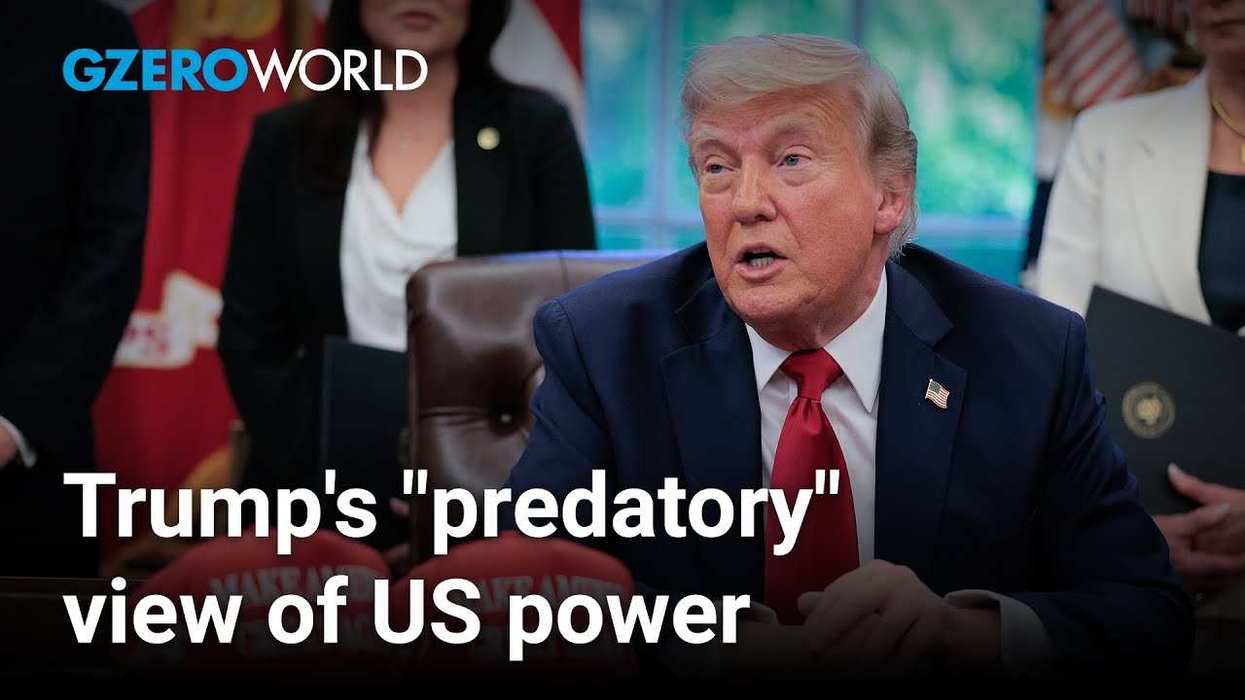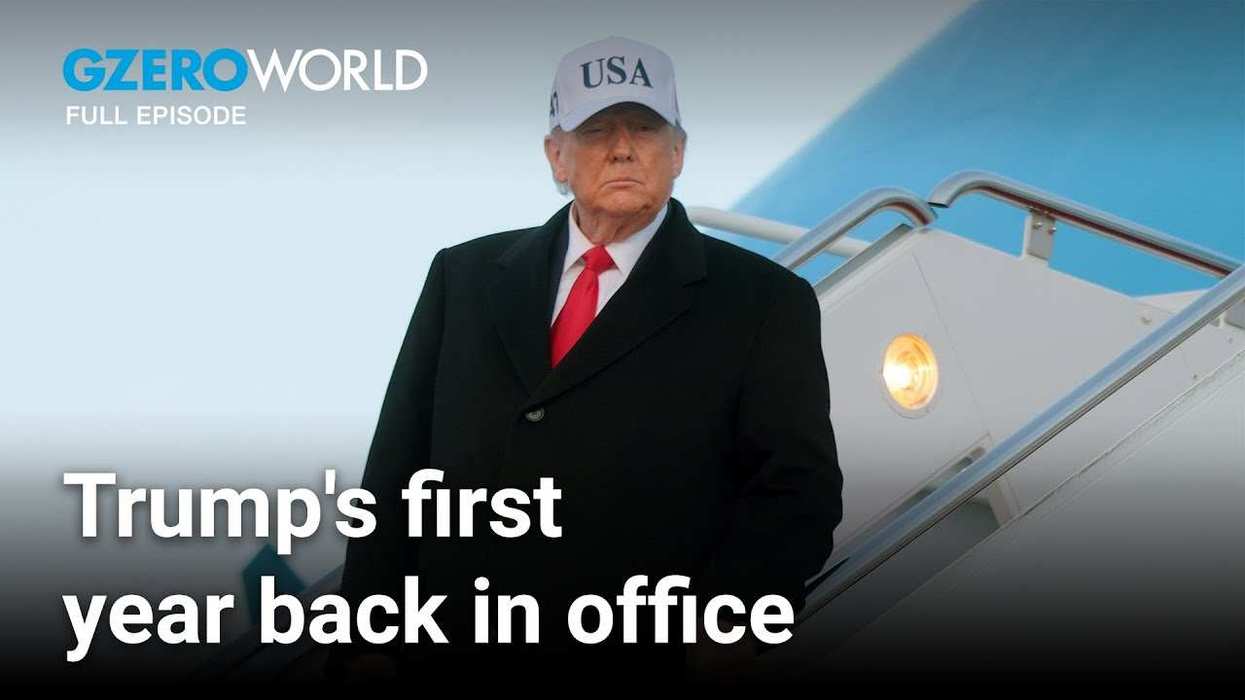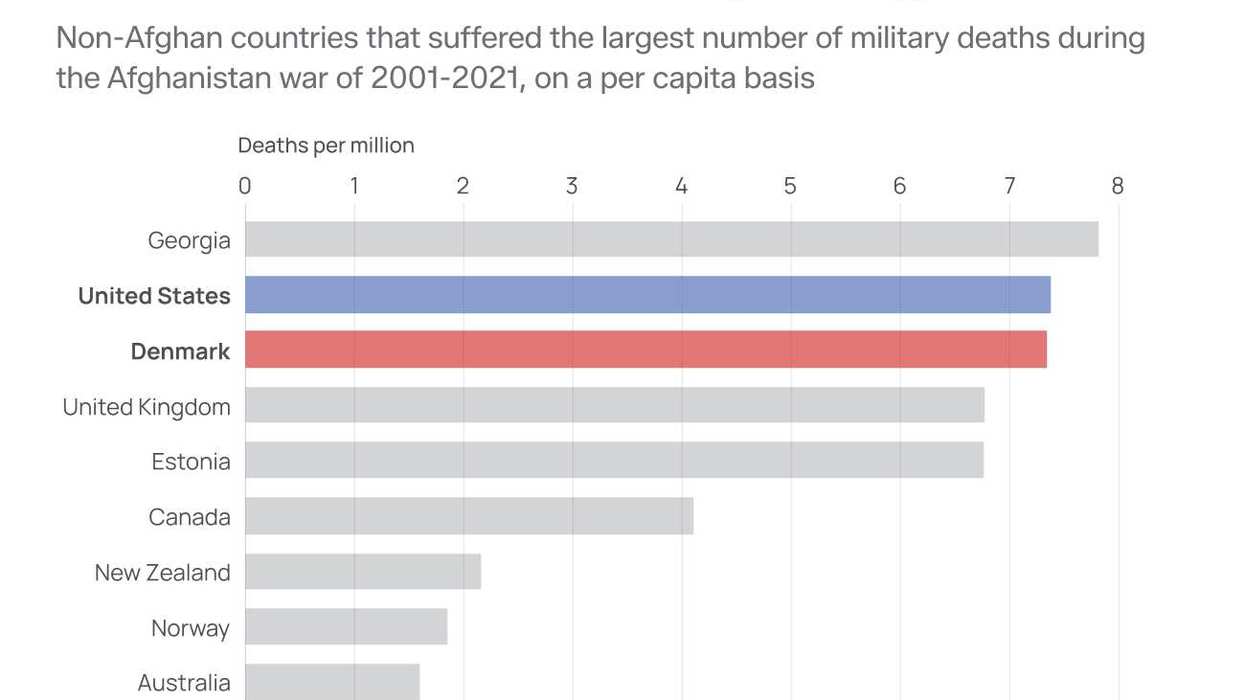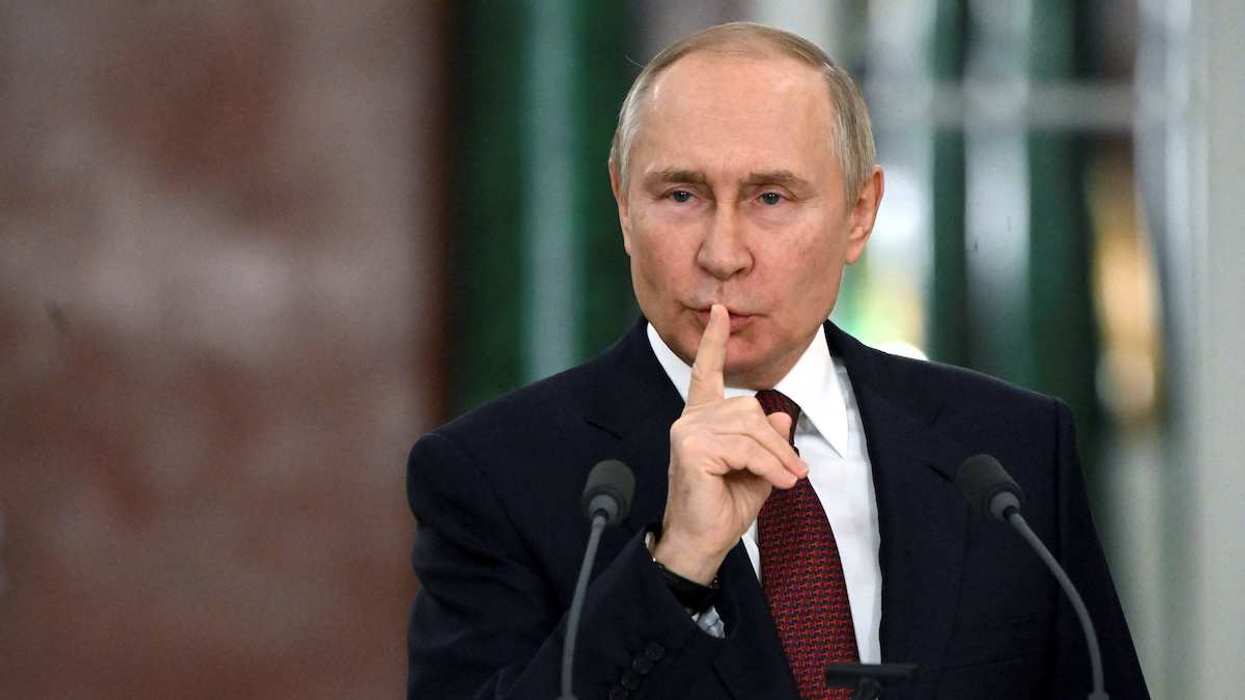Ten years ago, a US president tried to clinch a nuclear deal with Iran while Israeli Prime Minister Benjamin Netanyahu threatened to bomb Tehran’s uranium facilities.
Donald Trump now faces the same issue as his old nemesis Barack Obama: the incumbent president wants a deal with Iran, while the Israeli PM wants to bomb it.
But there’s a key difference this time: unlike in 2015, Netanyahu’s government relies on support from far-right figures who are extremely hawkish on Iran. What’s more, Iran is more vulnerable now – Israel has pummeled Tehran’s key proxies Hamas and Hezbollah (just yesterday Israel killed Hamas’ Gaza leader Mohammad Sinwar (Yahya’s brother), plus the pro-Iran Syrian regime of Bashar al-Assad fell late last year. This time around, Netanyahu’s threats to bomb Iran might be more than just posturing.
Didn’t Trump dismantle the last deal? Yes indeed! Trump exited the Obama-era Joint Comprehensive Plan of Action (JCPOA) in 2018. Under this plan, Iran had to demolish large parts of its nuclear program, and allow regular inspections of its facilities, in exchange for relief from crippling US and international sanctions on its energy exports and banks. The agreement did, however, allow Iran to continue enriching uranium at low levels until 2030, beyond which the limits were gone.
What’s happened since Trump ditched that deal? Maybe you’ll have guessed it: Iran, whose official position is that its nuclear ambitions are purely for energy, has enriched its uranium up to 60% purity after the US reinstalled the sanctions. Experts warn it is now less than a year away from producing a nuclear bomb.
Enough about the past – give me the update. Much like a decade ago, Bibi is none too happy about the prospect of an US-Iran nuclear deal, as it would strengthen a regime that he’d rather see fall – he views it as an existential threat to Israel.
“Attacking Iran and eliminating the threat of its nuclear program is something that has broad support in the Israeli security establishment and would cement Netanyahu’s status as one of Israel’s great leaders — if he can pull it off,” says Eurasia Group’s Iran expert Greg Brew.
Trump, by contrast, believes Tehran’s weak position makes it the perfect time to cut a deal – the US president said Wednesday that he told Netanyahu not to bomb Iran.
“I told him this would be inappropriate to do right now because we’re very close to a solution,” Trump said, adding that the two sides could reach an agreement in the next two weeks. In reality, per Brew, “a full deal is a long way off.”
But what if Israel strikes Iran? Would the US back them? Safe to say that Trump would be rather miffed if Israel proceeds with its attack plans – his reportedly feisty phone call with Netanyahu on Sunday attests to this. However, Bibi requires US support if he wants to destroy Iran’s nuclear program, so there’s a limit to what he can unilaterally achieve.
If an Israeli attack – with or without US support – prompted an Iranian response, the White House would feel pressure to back its ally, just as it did so when Tehran sent bombs into Israel last year. And if the US gets involved, it would all but kill any hopes of a deal.
American attitudes toward Israel have changed, too. There is something else that has changed since the US and Iran last negotiated a nuclear deal: Americans are much less supportive of Israel. As of March, 46% said they were more sympathetic to Israel amid their war with the Palestinians, the lowest rate in 25 years of polling, and down 16 points from a decade ago. Though the drop in support is sharpest among Democrats, a few hard-right influencers (looking at you, Tucker Carlson) have also questioned America’s support for Israel.
“There’s an outside chance that Trump doesn’t help Bibi but leaves Israel to defend itself against Iranian attack,” says Brew. “This is an immensely risky proposition for Bibi, and one of the reasons why he’s unlikely to attack Iran without first nailing down Trump’s support.”


















